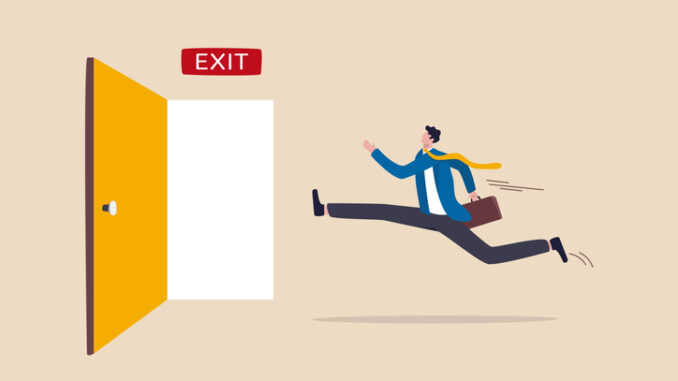
Is escapism good for you? We take a look at the pros and cons of taking a mental vacation
CREDIT: This is an edited version of an article that originally appeared on Happiful
Escapism is the feeling that you are out of the here and now and off to somewhere else – somewhere that feels better for your mind. It can come in many forms – for example, being engrossed in a good book or film, or maybe mindlessly scrolling through Instagram.
It seems that more and more of us are indulging in escapism. Whether it’s the pandemic or not, real life can be ‘a lot’. Escapism is usually thought of as purely positive, but could it also have a detrimental side?
Benefits of escapism
Reduce stress – the most common reason we turn to escapism. Daydreaming, listening to our favourite song or playing a video game are all common ways to ‘switch off’. A little escapism gives you light relief, but to truly reduce stress we need to identify the root cause.
Inspiration – creativity can come from escapism. Doodling imaginary scenes, making music, watching films/TV, writing stories…all make us think more broadly and spark a fire within us.
Rather than feel guilty about relaxing, these forms of escapism should, therefore, be considered productive.
Motivation – sometimes we need to step back to see where we’re going, and escapism can help us do that. Try daydreaming about your ‘ideal’ life and ask yourself how it’s different from your current day-to-day.
Cons of escapism
Procrastination – sometimes we use escapism when we should be doing something else. Perhaps you’re binge-watching a series to avoid family commitments, or scrolling on social media instead of working on a deadline. Procrastinating often happens when we’re anxious about a task and escapism can feed into this anxiety.
Avoidance – taking it one step further, escapism can also be a way to avoid or ‘shut out’ difficult emotions. “Escapism is the opposite of mindfulness – that is living in the moment, or living mindfully. It may be that, for you, facing reality is simply too terrifying. This is at the root of your anxiety, the fear of ‘doing the living’, becoming frightened of your own existence,” says psychotherapist Amanda Perl.
Questions to ask yourself about escapism and mental health
What am I escaping from? Self-awareness is key! Dig a little deeper into your escapism and ask what may be going on to cause it. Ask yourself what you’re escaping from and if there’s more you can do to address the underlying issue.
How do I feel after using escapism? If you come away from your escapism activity feeling creative, inspired or simply more relaxed, then that’s great! However, if you feel low, numb, or even afraid to return to ‘real life’ it could be worth seeking support.
My everyday life? How much time is escapism taking up, day-to-day? Is it stopping you from functioning normally? If so then it’s worth taking a closer look at why you need it so much and how you can cope with what it is you’re escaping from.
Working with a therapist can be a great way to uncover the underlying issues and offers space to create healthier coping mechanisms or ways to use escapism more positively.


Be the first to comment